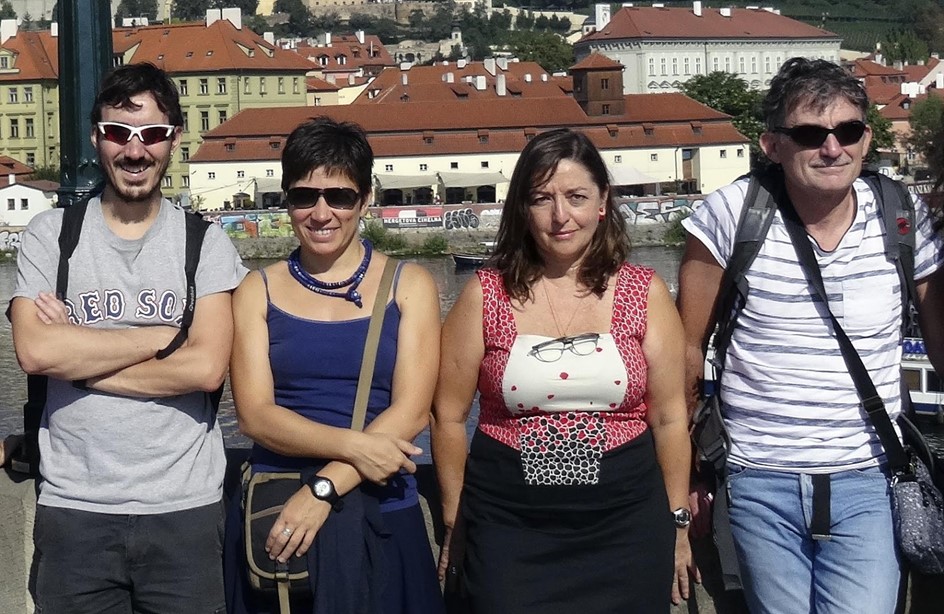
The Evolutionary Ecology group performs empirical and theoretical studies on population ecology and evolutionary in which uses rotifers as model organisms. The specific scientific interests of the group include:
- Study of adaptation to environmental variation in time and space (genetic components, physiological and ethological).
- Identification and ecological characterization of cryptic rotifer species.
- Research of demographic, genetic and evolutionary implications of cyclical parthenogenesis.
- Evolution of life cycles in rotifers, with focus on the evolution of sexual reproduction patterns (induction, optimization and mating behavior).
- Analysis of feasibility and complex population dynamic.
- Mediating processes of the coexistence of competing species.
- Ecological and evolutionary implications of diapause eggs banks.
- Genetic ecology studies (population differentiation, intrapopulation variation and local adaptation).











